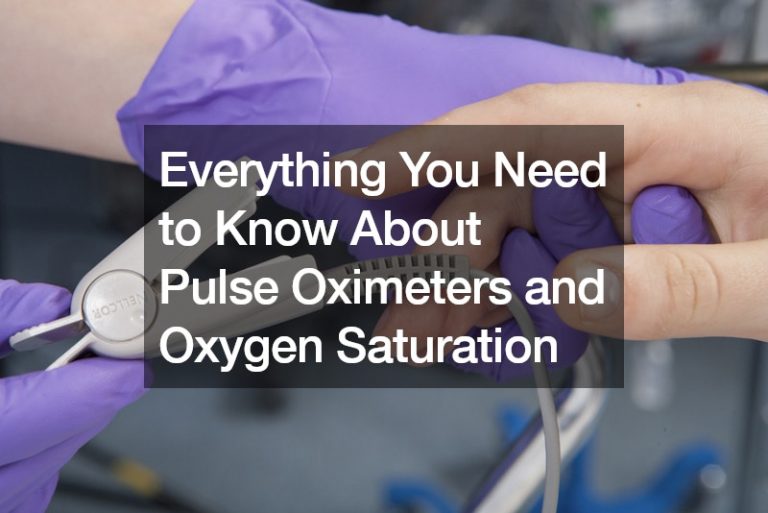- Blood tests are standard diagnostic tests that evaluate various aspects of your health and can detect multiple conditions.
- Screening tests such as mammograms, pap smears, and colonoscopies can detect early-stage cancer before symptoms appear.
- Essential diagnostic tests include electrocardiogram (ECG), bone density scan (DEXA), and pulmonary function tests.
- To assess heart disease risk, the lipid profile measures the amount of fats in your blood, including cholesterol and triglycerides.
- Blood glucose tests monitor diabetes and measure insulin resistance levels to help prevent diabetes or other metabolic disorders.
Diagnostic tests play a crucial role in healthcare. They help detect conditions early, prevent disease progression, and monitor treatment responses. Diagnostic tests can provide valuable information on your physical health, including blood sugar levels, cholesterol levels, thyroid function, and more.
Taking a diagnostic test can also help set goals for lifestyle changes and identify health risks that may be avoided with preventive measures.
The diagnostic test arsenal includes tests evaluating various health conditions and concerns. Some basic blood tests offer comprehensive information about your health, ranging from metabolic function to immune status. And specialized tests, such as genetic testing and functional medicine testing, provide a more in-depth analysis of your body’s biochemical and genetic makeup.
This blog will give you an overview of the essential diagnostic tests you need to take to assess and optimize your health.
Blood Tests For Comprehensive Assessment
Blood tests are a standard diagnostic test that evaluates various aspects of your health. The tests are simple, affordable, and can diagnose or rule out a wide range of health conditions. Here are some necessary blood tests to take for a comprehensive health assessment:
Complete Blood Count (CBC)
The Complete Blood Count (CBC) assesses overall health and detects blood-related conditions. The CBC measures the number, size, and shape of your red blood cells, white blood cells, and platelets. CBC can identify anemia, infections, inflammation, and other health concerns. Getting a yearly CBC is an excellent way to evaluate your overall health.
Lipid Profile
The lipid profile measures the amount of fats in your blood, including cholesterol and triglycerides. High levels of cholesterol and triglycerides in your blood can increase your risk for heart disease and stroke. A lipid profile test can assess your heart disease risk and other health concerns.
The test can also measure the effectiveness of cholesterol-lowering medication.
Blood Glucose Tests
Blood glucose tests are essential for monitoring diabetes, a chronic condition with consistently high blood sugar levels. The blood glucose test measures the sugar in your blood after fasting or eating. High blood sugar levels can also indicate insulin resistance, a condition where the body’s cells don’t respond well to insulin.
Getting a blood glucose test regularly can help prevent diabetes and other metabolic disorders.
Thyroid Function Tests
Thyroid function tests are necessary to evaluate thyroid hormone levels and detect thyroid disorders such as hypothyroidism and hyperthyroidism.
The thyroid regulates metabolism, energy, and other body functions. The test measures thyroid-stimulating hormone (TSH) and other thyroid hormones to diagnose and manage thyroid conditions.

Screening Tests For Early Detection And Prevention
Early detection of certain diseases, such as cancer, can significantly improve outcomes and survival rates. Routine screening tests can detect abnormalities and potentially cancerous cells and provide an opportunity to begin treatment early.
Mammograms
Breast cancer is the most common type of cancer among women, and mammography is a diagnostic tool used to detect abnormalities in the breast tissue.
A mammogram is a low-dose X-ray that produces images of the breast tissue. Women above 40 are encouraged to take mammograms every 1-2 years. Early detection and treatment can significantly increase survival rates.
Pap Smears
Cervical cancer is a significant threat to women worldwide but can be easily detected and treated in its early stages. Regular Pap smears or HPV tests can detect precancerous cells before they turn cancerous.
Women over 21 are encouraged to take a Pap smear every three years. Pap tests have been credited with reducing the incidence of cervical cancer by almost 80%.
Colonoscopy
Colorectal cancer is the second leading cause of cancer deaths worldwide but is preventable and treatable. A colonoscopy is a screening test that detects precancerous polyps and early-stage cancer. It involves the insertion of a flexible tube with a camera into the rectum and colon to examine the entire colon lining.
The procedure is recommended for anyone over 50, although it may be recommended earlier for those with a family history.
Prostate-specific Antigen (PSA) Test
Prostate cancer is the most common type of cancer among men. The PSA test is a blood test that measures the levels of prostate-specific antigen in the blood. Abnormally elevated levels can be an indication of prostate cancer.
Men over 50 years old or with a family history of prostate cancer are recommended to take the test. However, the test is controversial, and some experts believe it may result in overdiagnosis and overtreatment.
Essential Diagnostic Tests
Diagnostic tests are not limited to cancer screenings but are tests used to evaluate the function and health of a specific organ or system. They detect abnormalities or risk factors that can lead to diseases. Essential diagnostic tests include electrocardiogram (ECG), bone density scan (DEXA), and pulmonary function tests.
Electrocardiogram (ECG)
The electrocardiogram measures the heart’s electrical activity, providing valuable information about the heart’s function and rhythm. It is a non-invasive test that can detect abnormalities such as arrhythmias and conduction issues that may increase the risk of heart disease.
It is usually recommended for people with a family history of heart disease, high cholesterol, high blood pressure, or smokers.
Bone Density Scan (DEXA)
Osteoporosis is a condition that weakens the bones, making them susceptible to fractures, especially in older adults. The bone density scan (DEXA) measures bone mineral density and predicts the risk of fractures.
DEXA scans are recommended for women over 65 years old and men over 70 years old. Younger individuals at high risks, such as those on long-term steroids or with low body weight, may also benefit from the test.
Pulmonary Function Tests
Lung function tests evaluate how well the lungs are functioning, how well oxygen is being transferred to the blood, and how well carbon dioxide is being removed from the body. The test can detect functional impairment in the lung due to chronic respiratory diseases such as asthma, chronic obstructive pulmonary disease (COPD), and emphysema.
People with family histories of lung disease, regular smokers, and individuals with occupational exposure to pollutants are advised to take the test.

In conclusion, a diagnostic arsenal of tests is vital for assessing and optimizing health. Taking fundamental blood tests can provide comprehensive information about your health and detect early warning signs of potential health problems. By monitoring your blood sugar, cholesterol, and thyroid hormone levels, you can prevent chronic conditions before they develop.
Don’t skip your annual physical exam; ask your doctor about the necessary diagnostic tests for your age, gender, and risk factors. By investing in your health, you’ll live a longer, healthier, and happier life.






